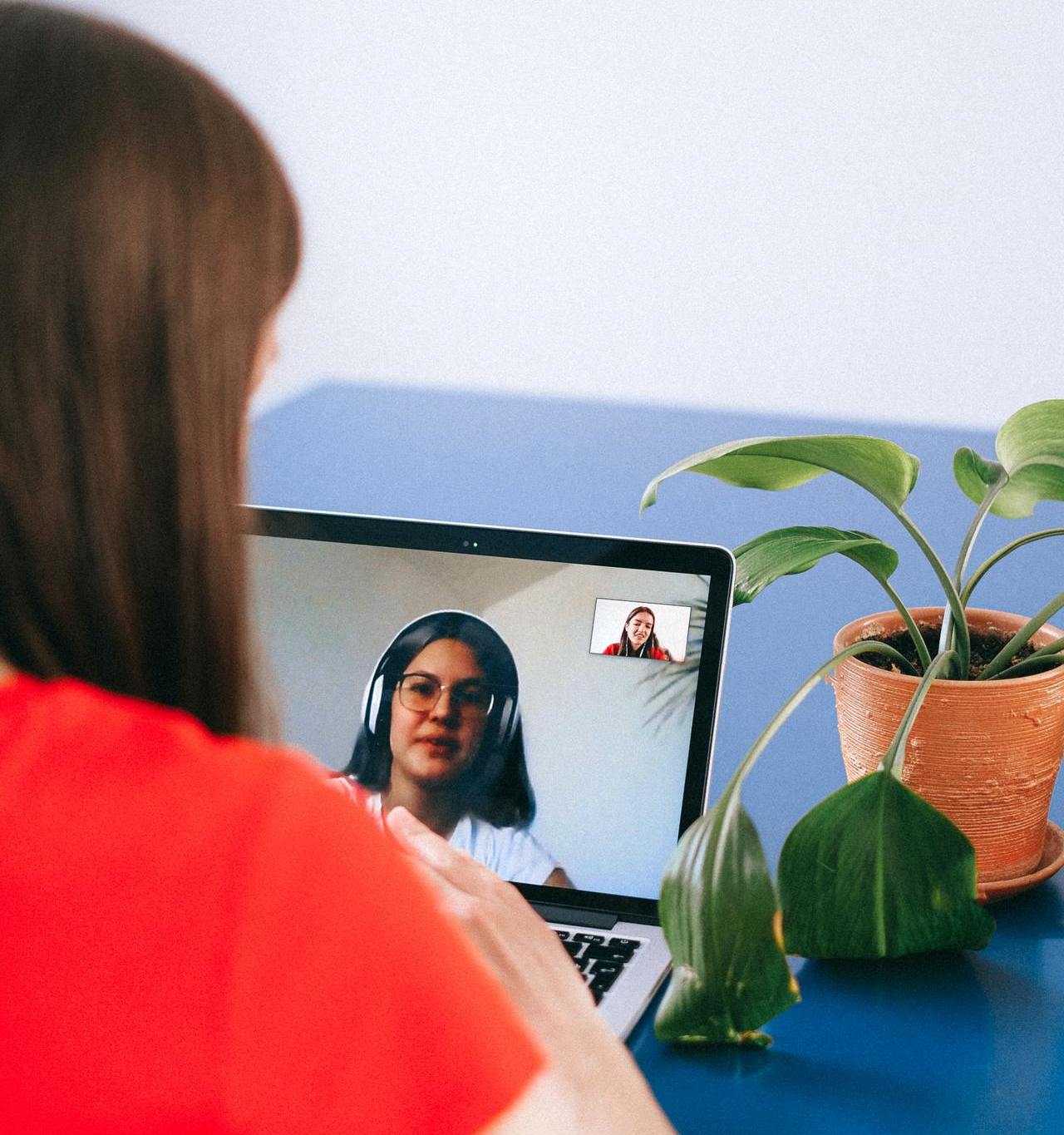Be better at Hybrid Working!
Posted on 30th November 2022 at 12:28
Hybrid working has quickly become the new trend for flexible working and looks like it's here to stay.
The office of national statistics reported that prior to the pandemic (2020) as low as 5% of employees regularly worked from home. Recent research by CIPD (2021), report options to work from home was offered to as little as 10% of employees, with around 65% of employers having never considered work from home as an option. The pandemic left employers with no other option but to reconsider work from home and it is reported that as much as 40% of employers expect employees to opt for regular, combined days between the office and work from home.
Many employees have embraced home working reporting they experience fewer distractions with increased focus when working from home. The lack of commuting has meant people have been able to spend more time with family or have found time to work on oneself. People are using that time to take a walk in the fresh air or prepare healthier meals. Employees have reported feeling more energised and focused with a distinct improvement on health, well-being, mindset, and work life balance. Employers recount a marked increase in productivity. Nonetheless, this is not across the board with some employees experience of work from home rendering them with feelings of isolation, distress, lack of team cohesion, varying degrees of mental illness, and a lack of focus and confidence.


Not surprisingly, organisations and their managers are now challenged with creating hybrid working solutions which are sustainable, befitting for a future where flexible working is the norm. Adopting ways of working collaboratively, inclusively. So whether a team is hot desking, office-based or home-based everyone is in on the action. Managing performance, measuring what matters focusing on results over activity. Communication is one challenge of utmost importance, effectively managing a balance which seeks to address feelings of isolation and abandonment yet promotes a feeling of trust, stability and cooperation.
Developing a hybrid mindset
For managers to overcome challenges of hybrid working they need to set aside old ideologies of work. Instead, place a greater emphasis on teamwork over task work. A deliberate shift of focus requires a change in mindset so to consciously and intentionally encourage a way of working that fosters a relationship based on trust, information sharing, connectivity, cohesion and engagement whether working remotely or from the office (CIPD, 2020).
Shifting mindset
In summary, we need to approach the world of hybrid working with our eyes open and brain engaged. Conscious of the choices we make, being more deliberate with our decisions and planning on how we spend time and where and reflecting on what works and what doesn’t so that we are evolving the optimum model for ourselves and our team as we go.
Things to consider
Ensure managers have access to training and coaching opportunities to effectively manage hybrid working solutions. This is new ground for most managers. Don't make the mistake of assuming this is business as usual. They will need to adopt new ways of managing which will focus on building strong relationships with individuals in their team, that are built on trust and give autonomy.
Involve employees in designing hybrid working solutions for your organisation and encourage feedback and communication on its success. In doing so, solutions will be more aligned with any expectations of how this can work from both employee and employer as everyone will have different ideas and preferences on hybrid working in practice.
Actively use a range of digital applications and experiment with rich new media to enhance user experience. Particularly when attendees at meetings are blended with face to face and face to virtual. Maintain an open and curious mindset of the possibilities of new technologies and strive to attain a heightened user experience.

May be your organisation has decided to embrace hybrid working and would like to curate better alignment in the practicalities and management of supporting dispersed teams and you want to do this better. Then contact Newland Partners to discuss our programme on Hybrid Working Solutions.
If you are new to Newland Partners - why not explore our sample programmes and discover how we can partner with you on your learning and development journey.
Share this post:
